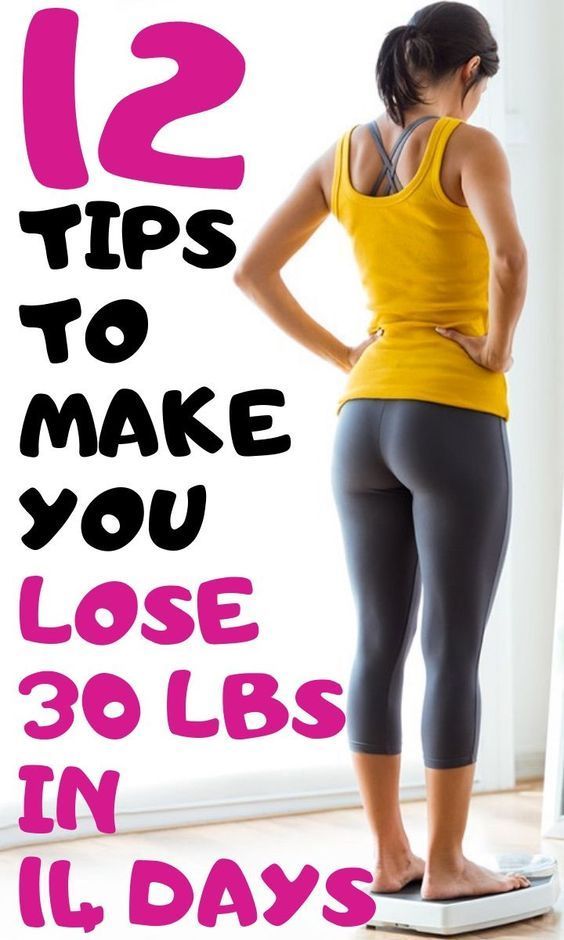Losing weight quickly is a common goal for many, but it’s important to strike a balance between speed and safety. While there are methods that promise rapid results, many of them can be unsustainable or even dangerous in the long term. The key to losing weight fast—and keeping it off—is to adopt a healthy and realistic approach. This article explores scientifically backed strategies that can help you shed those extra pounds quickly while staying safe.

How to Lose Weight Fast and Safely
1. Cut Back on Refined Carbohydrates
Reducing your intake of refined carbs, such as white bread, pasta, and sugary snacks, is one of the quickest ways to lose weight. Refined carbs are stripped of fiber and nutrients, causing spikes in blood sugar and increased hunger shortly after eating. By switching to whole grains and complex carbohydrates like quinoa, oats, and brown rice, you’ll feel fuller for longer and reduce your overall calorie intake.
Key Tip: Replace refined carbs with protein-rich foods and vegetables for quicker fat loss.
2. Increase Your Protein Intake
Protein is a vital component of any weight loss plan, as it helps control hunger, boosts metabolism, and preserves muscle mass while losing fat. Eating a high-protein diet increases the thermic effect of food, which means your body burns more calories during digestion. Foods like eggs, chicken breast, lean beef, and fish are great protein sources.
Pro Tip: Aim for at least 25-30% of your daily calories from protein to maximize weight loss benefits.
3. Drink More Water
Drinking plenty of water, especially before meals, can help speed up weight loss. Water not only helps you stay hydrated but also temporarily boosts metabolism. Studies show that drinking water 30 minutes before a meal can reduce hunger, leading to fewer calories consumed. Replacing sugary drinks and soda with water or green tea is another effective way to cut out empty calories.
Goal: Aim to drink 2-3 liters of water daily to aid in fat loss and overall health.
4. Eat Fiber-Rich Foods
Eating foods high in fiber can help you stay full longer and reduce overall calorie consumption. Soluble fiber, in particular, absorbs water and forms a gel-like substance that slows down digestion, helping to control appetite. Foods rich in fiber include vegetables, fruits, legumes, and whole grains.
Simple Strategy: Fill half your plate with vegetables at each meal for a fiber boost.
5. Avoid Liquid Calories
One of the easiest ways to lose weight fast is to eliminate high-calorie drinks like soda, juice, and alcohol. These beverages are often loaded with sugar and can significantly increase your daily calorie intake without making you feel full. Instead, opt for zero-calorie beverages like water, sparkling water, or herbal teas.
Quick Tip: Replace sugary drinks with water, and you could cut out hundreds of calories each day.
6. Exercise Regularly
Incorporating both cardio and strength training into your routine is key to rapid weight loss. Cardio exercises, such as walking, jogging, cycling, or swimming, burn calories quickly, while strength training helps build and maintain muscle mass. The more muscle you have, the more calories your body burns at rest.
Recommended Routine: Aim for at least 150 minutes of moderate aerobic activity (like brisk walking) or 75 minutes of vigorous aerobic activity (like running) each week, combined with two days of strength training.
7. Try Intermittent Fasting
Intermittent fasting (IF) has gained popularity as an effective weight-loss tool. IF involves cycling between periods of eating and fasting. The most common method is the 16/8 approach, where you fast for 16 hours and eat during an 8-hour window. This approach can help you consume fewer calories overall and improve fat burning.
Consider: Consult a healthcare provider before starting any fasting regimen, especially if you have underlying health conditions.
8. Get Enough Sleep
Lack of sleep is often linked to weight gain and can slow down your metabolism. When you’re sleep-deprived, hunger hormones like ghrelin increase, while leptin (the hormone that makes you feel full) decreases, leading to increased cravings and overeating. Prioritizing at least 7-8 hours of quality sleep can make a significant difference in your weight-loss efforts.
Sleep Tip: Establish a consistent sleep routine by going to bed and waking up at the same time every day.
9. Eat Mindfully
Mindful eating involves paying full attention to your food and eating without distractions, such as watching TV or scrolling through your phone. By focusing on the taste, texture, and satisfaction of each bite, you’re more likely to stop eating when you’re full, preventing overeating.
Practice: Take smaller bites, chew slowly, and savor your food to help reduce overall calorie intake.
Common Mistakes to Avoid
- Skipping Meals: While it may seem like a quick way to reduce calories, skipping meals can lead to overeating later in the day and negatively affect your metabolism.
- Relying on Fad Diets: Crash diets or extreme caloric restriction can result in short-term weight loss but often lead to nutrient deficiencies and weight regain.
- Neglecting Strength Training: Focusing only on cardio can lead to muscle loss, which slows metabolism. Incorporate strength training to preserve muscle mass.

FAQs About Losing Weight Fast
1. Can you lose 10 pounds in 3 days?
Losing 10 pounds in 3 days is not only unrealistic but also unsafe. For healthy weight loss, it’s recommended to aim for 1-2 pounds per week. Extreme diets or fasting may result in temporary water weight loss, but it’s not sustainable or beneficial for long-term health.
2. What is the fastest way to lose weight?
The fastest way to lose weight is by combining a calorie deficit with increased physical activity, particularly through a mix of cardio and strength training. Reducing refined carbs, increasing protein intake, and drinking more water can also accelerate fat loss. However, rapid weight loss is best achieved under medical supervision to avoid health risks.
3. How can I lose weight in 7 days fast?
While significant weight loss in 7 days is challenging, you can see noticeable results by reducing your intake of processed foods, increasing water consumption, and focusing on high-protein and fiber-rich foods. Exercise, especially cardio, can further enhance fat loss. However, remember that sustainable weight loss is achieved gradually over time.
4. Can I lose 20 pounds in a month?
Losing 20 pounds in a month is possible, but it may not be safe or sustainable for everyone. Rapid weight loss can lead to muscle loss, nutrient deficiencies, and other health issues. It’s generally better to aim for losing 4-8 pounds a month through healthy eating and regular exercise.
5. Are there any quick fixes to lose weight fast?
There are no safe quick fixes for sustainable weight loss. While crash diets and extreme fasting may show quick results on the scale, they often lead to weight regain and can harm your health. A balanced diet, regular exercise, and proper hydration are key to lasting results.
6. How much weight can I lose with intermittent fasting?
Intermittent fasting can lead to weight loss, particularly when combined with a healthy diet. Some people may lose 2-6 pounds in the first month of intermittent fasting. However, results vary depending on individual factors such as calorie intake, activity levels, and metabolism.
7. How does water help with weight loss?
Water helps with weight loss by increasing feelings of fullness, reducing calorie intake, and boosting metabolism. Drinking water before meals can prevent overeating and help flush out excess sodium and waste from the body.
8. Can I lose weight without exercise?
Yes, it’s possible to lose weight without exercise by focusing on diet. However, combining exercise with a healthy eating plan will enhance fat loss, improve muscle tone, and boost overall health.
https://www.youtube.com/watch?v=J9a6Zdti3uY
Conclusion
Losing weight fast is achievable, but it’s important to prioritize safety and sustainability. By making small, consistent changes to your diet and lifestyle—such as increasing protein intake, drinking more water, and exercising regularly—you can shed pounds quickly while protecting your health. Remember, the most successful weight loss is steady and sustainable, so avoid the temptation of extreme measures and focus on long-term habits that will help you maintain your results.